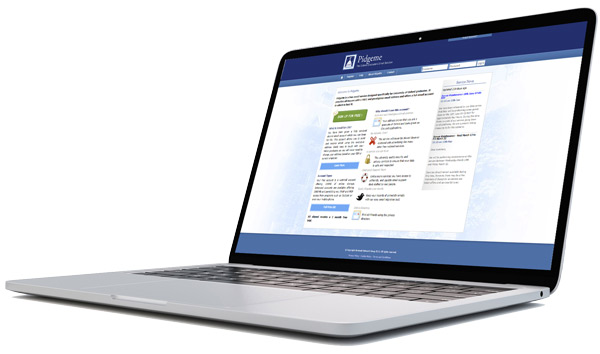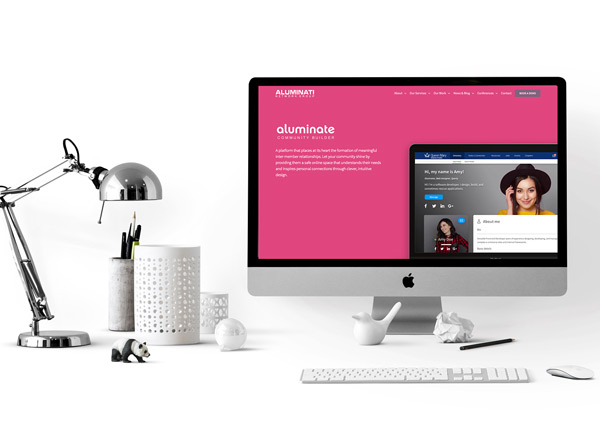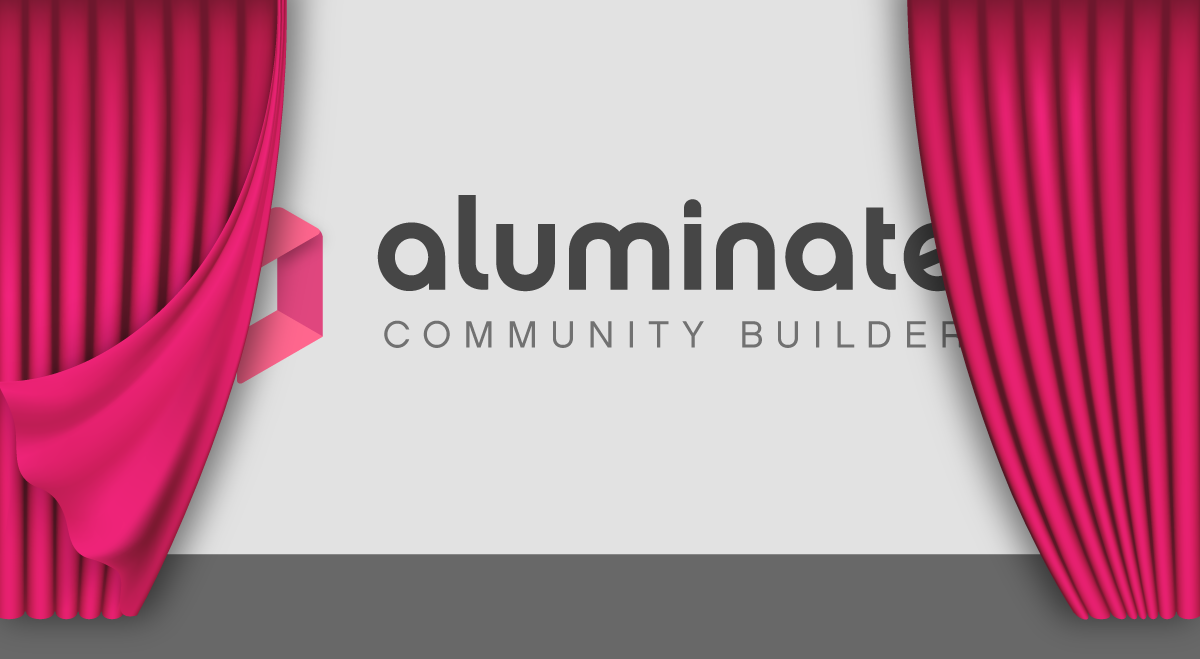Over the last few weeks, I have written a series of blogs, starting with ‘Should you call your Alumni the “C-word”?’, which tracked the evolving relationship between students and their institutions, considering whether we should also be treating alumni as customers.
In ‘Death by Disruption’, I looked at how fast-moving innovative companies like Netflix and Amazon have fundamentally changed our service expectations and perceptions of value, and what we must learn from this in order not to go the way of BlockBuster.
In ‘Building capacity for 2020 and Beyond’, I looked at how we can futureproof our large scale engagement programmes by leveraging technology, and recently, I presented UWE Bristol’s Success Story where they used a community platform to dramatically increase alumni engagement and propensity to give.
 An evolving vision
An evolving vision
In the early 2000s, as a graduate from Oxford, I created PidgeMe.com, an independent ‘Oxford Graduates Email Service’. Myself and other graduates, having for several years coordinated our lives using our university email accounts, were unhappy about losing this critical communications platform exactly at the time we needed it most: to keep in touch after leaving the university.
PidgeMe proved extremely popular and the model was soon replicated at other universities such as UCL and Cambridge.
As an alumnus, I observed not just the strong desire for peers to keep in touch with each other, but how open they were to other alumni that they did not already know.
This effect, I discovered, had already been formally researched by Mark S. Granovetter of Johns Hopkins University back in 1973. His paper ‘The Strength of Weak Ties’ highlighted how crucial it was, both to the individual and to the community, to maintain relationships with people outside your tight inner circles of friends, family, workmates etc.
A desire to facilitate this giant ‘network of weak ties’ became Aluminati’s mission and led to the birth of Aluminate. Initially, an alumni-only online directory that made it easy for graduates to keep in touch, it soon became much more. With a growing team of talented developers and continuous input from partners and clients, the platform soon became a powerful expanding community that included other classes of members – students, then staff, then external partners, prospective students, placement offer holders, parents, employers. A university community includes a lot of people!
 Innovation and development
Innovation and development
As pioneers in the industry, we were innovating and reshaping engagement in every iteration of Aluminate, creating many sector firsts: the first truly peer to peer online mentoring network, the first digital recruitment ambassador programme, the first volunteer-led chapter management facility. The drive to meet the needs of institutions and empower our users led to ever newer versions introducing exciting new modules and integrations, including digital libraries, events, job boards, single sign-on (SSO). With each version of the platform becoming more powerful, despite new competition emerging, Aluminate continued to be regarded as the industry leader – the most flexible and deeply implemented option on the market.
And then the lights went out. It has been almost 5 years since the release of Aluminate 6.
But innovation had not stopped. Quietly, in the dim glow of dozens of monitors, we were working on something bigger, something that once again would revolutionise our industry and change the face of community platforms as we know them.
The paradigm shift
When we started thinking about Version 7, we acknowledged we could keep building modules and adding ever more sophisticated ways to allow clients to take control over their varying, hyper-targeted, multi-constituency memberships with their own specific and tailored requirements.
What we knew from experience, is that every client is different, and using the same approach as before would mean we would continue to have to build configuration options for each one – meaning a long project, consultation, launch, and then trying to fit that solution to everyone’s slightly different needs with painful and expensive customisations, modifications and extensions.
So we didn’t do that.
 We went back to the drawing board and redesigned Aluminate from the ground up. We decided that the new version needed to break this cycle and take Aluminati out of the ‘engagement innovation cycle’. We provide the technology, but you, our professional engagement partners, provide the genius and inspiration on what is needed, what is being demanded, on the ground.
We went back to the drawing board and redesigned Aluminate from the ground up. We decided that the new version needed to break this cycle and take Aluminati out of the ‘engagement innovation cycle’. We provide the technology, but you, our professional engagement partners, provide the genius and inspiration on what is needed, what is being demanded, on the ground.
Aluminate needed to empower you to take your ideas from conception to launch without waiting a year for your provider to come up with a solution that may or may not be right for you. We knew we needed to retain our most popular features and modules, but those would just be where the magic started.
Aluminate Community Builder was born. With the introduction of the concept of continuously being able to build, extend and develop the platform, we realised that it was time to drop the version numbers.
This Aluminate would be the last platform our customers would ever need.
Our dream is that Aluminate Community Builder will do for community platforms what WordPress did for the web.
Watch the launch webinar
Over 100 Alumni Relations, Fundraising and Careers professionals attended the highly anticipated launch of our new community platform.
A replay of the presentation is now available.





